The Ministry of Finance has just completed a draft to submit to the Government for submission to the National Assembly Standing Committee to issue a Resolution on environmental protection tax rates for gasoline, oil, and grease to be applied in 2026.
Accordingly, the Ministry of Finance proposed to maintain the current reduction in environmental protection tax on gasoline until the end of 2026 instead of applying an increase back to the ceiling level in the tax bracket issued with the Law on Environmental Protection Tax.
The policy of reducing environmental protection tax on gasoline and oil will be applied from April 2022. Currently, this tax rate is reduced by 50%. Specifically: gasoline, excluding ethanol, is 2,000 VND/liter; diesel, fuel oil, and lubricants are 1,000 VND/liter; grease is 1,000 VND/kg; kerosene is 600 VND/liter.
The Ministry of Finance proposes to continue reducing environmental protection tax on gasoline until the end of 2026. (Illustration photo: Minh Duc)
Regarding aviation fuel, the Ministry of Finance believes that the implementation of the policy of reducing environmental protection tax on aviation fuel in recent times has brought about positive effects, helping to reduce input fuel costs for the aviation industry in general and air transport enterprises in particular, contributing to helping air transport enterprises overcome the crisis caused by the COVID-19 pandemic and economic recession.
Compared to many other manufacturing industries, in addition to benefiting from the policy of reducing environmental protection tax on aviation fuel, the aviation industry also enjoys a number of general tax, fee and charge support policies, such as the policy of reducing the value added tax rate by 2%; the policy of extending the tax payment deadline (value added tax, corporate income tax...), extending land rent or the policy of exempting and reducing some fees and charges.
In the context that the Vietnamese aviation market has basically recovered, in order to continue to support businesses in the aviation industry, while still ensuring fairness among other transport sectors such as railway transport and road transport, the Ministry of Finance proposed to regulate the environmental protection tax rate at VND 2,000/liter (a reduction of VND 1,000/liter compared to the tax rate prescribed in Resolution No. 579/2018 of the National Assembly Standing Committee).
From January 1, 2027, the environmental protection tax rate on gasoline, oil, and grease will be implemented according to Resolution No. 579/2018 of the National Assembly Standing Committee. That is, the environmental protection tax rate on gasoline, excluding ethanol, is VND4,000 per liter; jet fuel is VND3,000 per liter; diesel, fuel oil, and lubricants are VND2,000 per liter; kerosene is VND1,000 per liter; grease is VND2,000 per kilogram," the Ministry of Finance stated.
If passed, the Resolution will take effect from January 1, 2026.
Positive impact on people, businesses, economy
The Ministry of Finance assesses that petroleum is a commodity with a particularly important role and position, of strategic significance in ensuring stability and maintaining major balances of the economy, especially ensuring national energy security, serving socio-economic development, serving the essential needs of the people and being an important input factor for business operations.
Since 2022, gasoline prices in the international and domestic markets have fluctuated, directly affecting the production and business activities of enterprises, affecting people's lives and affecting the implementation of Vietnam's socio-economic growth and development goals.
In that context, implementing the Party and State's policies on solutions to stabilize the macro-economy, control inflation, ensure social security; contribute to removing difficulties for people and businesses, support recovery and development after the COVID-19 pandemic, based on the Tax Framework and principles for adjusting tax rates in the Law on Environmental Protection Tax, the Ministry of Finance has advised and submitted to the Government to submit to the Standing Committee of the National Assembly to issue Resolutions adjusting environmental protection tax on gasoline, oil and grease, in order to suit the socio-economic context in each period.
During the period of 2022 - 2023, crude oil prices in the world market will fluctuate very complicatedly due to geopolitical and geo-economic instability, fluctuations in supply and demand of the petroleum market during and after the COVID-19 pandemic. There will be a period when world crude oil prices continuously set new peaks in a short period of time, causing domestic gasoline prices to increase rapidly, putting great pressure on inflation control and macroeconomic stability.
In that context, the reduction of environmental protection tax on gasoline, oil, and grease has been very effective in limiting the negative impacts of changes in world oil prices on the domestic market, helping to stabilize domestic oil prices, contributing to ensuring major balances of the economy during a period when the world experienced many economic, political, and social shocks.
The Ministry of Finance believes that reducing environmental protection tax on gasoline will have many positive impacts on the economy. (Illustration photo: Minh Duc)
In addition, the environmental protection tax on gasoline, oil, and grease is a factor in the base price of domestic gasoline. On the other hand, the cost of gasoline is a factor in calculating and determining the consumer price index (CPI). Therefore, adjusting the environmental protection tax on this item will directly affect the retail price of gasoline in the country, which will also affect the CPI and is therefore considered a tool to control inflation.
Specifically, in 2024, despite many difficulties, the domestic economy still achieved many positive results. In particular, the CPI and inflation index were controlled.
According to the General Statistics Office's report, CPI and core inflation in 2024 are much lower than the policy target: In the whole year of 2024, CPI increased by only 3.63% compared to 2023, achieving the target set by the National Assembly.
In the first 5 months of 2025, along with implementing other support solutions, continuing to apply the policy of reducing environmental protection tax on gasoline, oil, and grease in 2025 as in 2024 has also contributed to reducing the CPI index, controlling inflation at an appropriate level, thereby contributing to maintaining macroeconomic stability.
"According to the assessment of the General Statistics Office, the average CPI in the first 5 months of 2025 is estimated to increase by about 3.21% over the same period last year, in which the price index of the petroleum group decreased by 13.39%, causing the overall CPI to decrease by 0.48 percentage points.
Thus, the reduction of environmental protection tax on gasoline, oil and grease in recent times has contributed to reducing the CPI index, thereby contributing to the Government's task of controlling inflation. Adjusting environmental protection tax on gasoline, oil and grease is considered a flexible and effective solution to help stabilize domestic gasoline prices," the Ministry of Finance commented.
In addition, environmental protection tax is an indirect tax, collected on products and goods that have negative impacts on the environment when used, so the cost of environmental protection tax is transferred directly to the selling price of products and goods subject to the tax and consumers are the ultimate beneficiaries of environmental protection tax.
Therefore, reducing environmental protection tax on gasoline, oil, and grease contributes to reducing domestic retail prices of gasoline, thereby directly reducing people's costs in gasoline consumption and reducing indirect costs related to the consumption of other products and goods.
At that time, households and individuals will have more financial resources to spend; at the same time, it will contribute to reducing production costs, lowering product prices, helping businesses increase their ability to recover and expand production and business.
Source vtcnews
View original linkSource: https://baotayninh.vn/de-xuat-tiep-tuc-giam-thue-bao-ve-moi-truong-voi-xang-dau-den-het-nam-2026-a192167.html


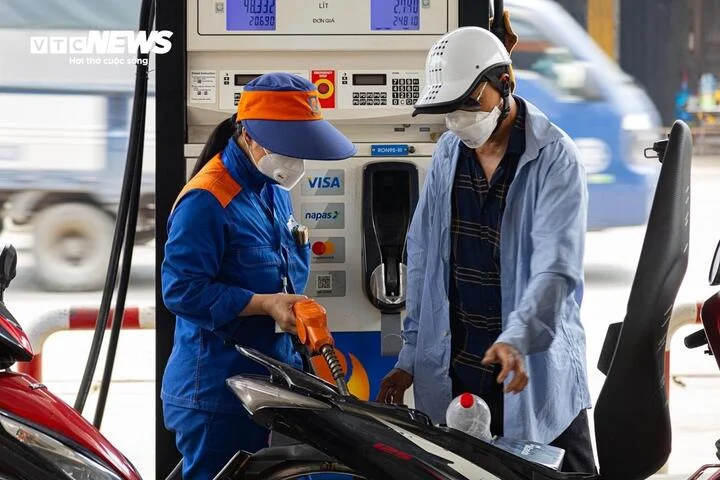
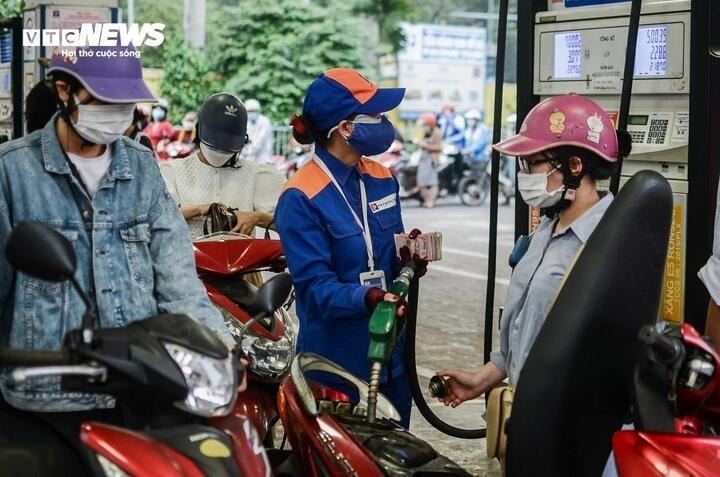
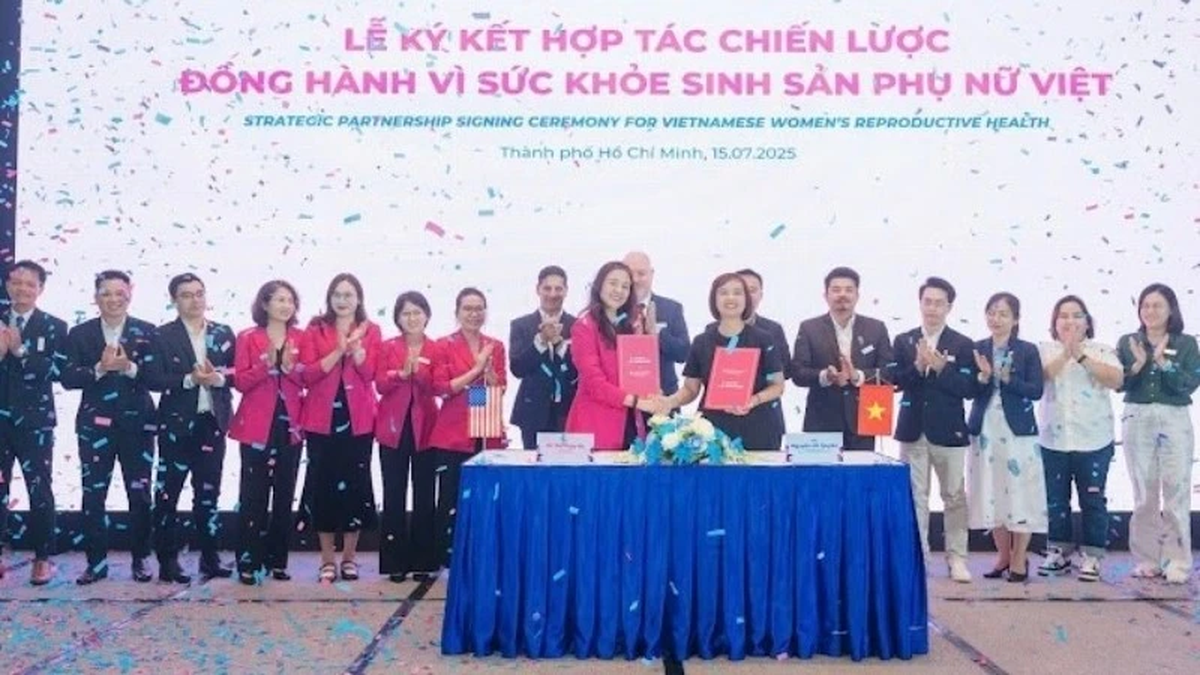


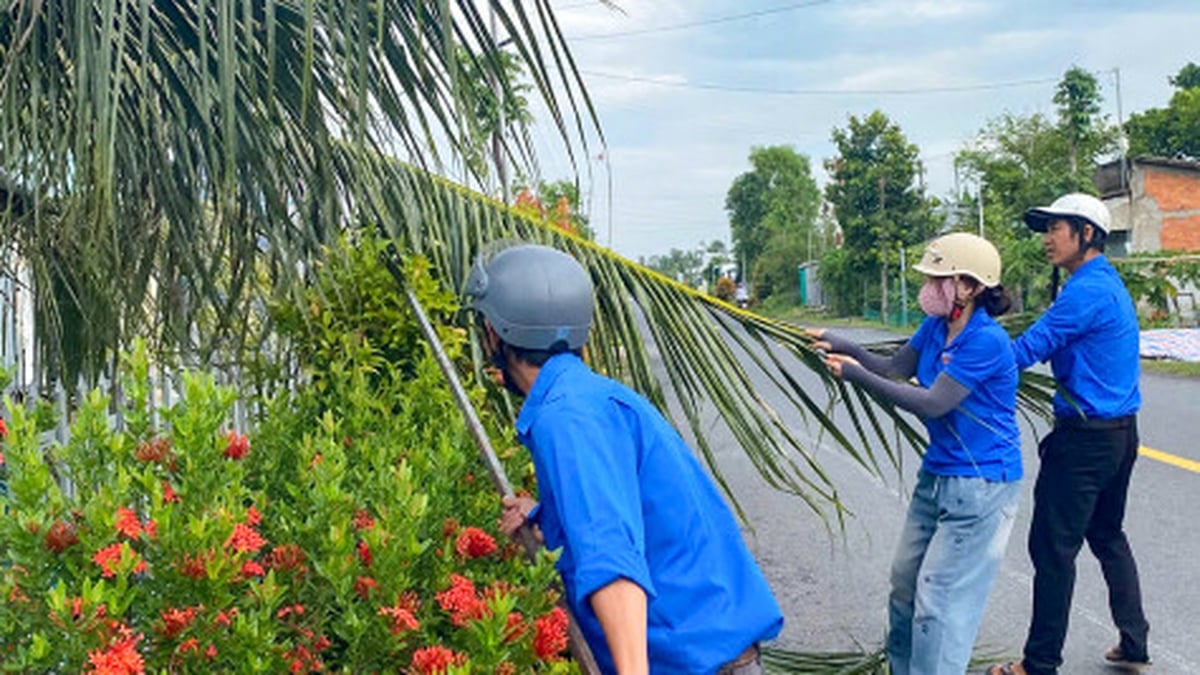

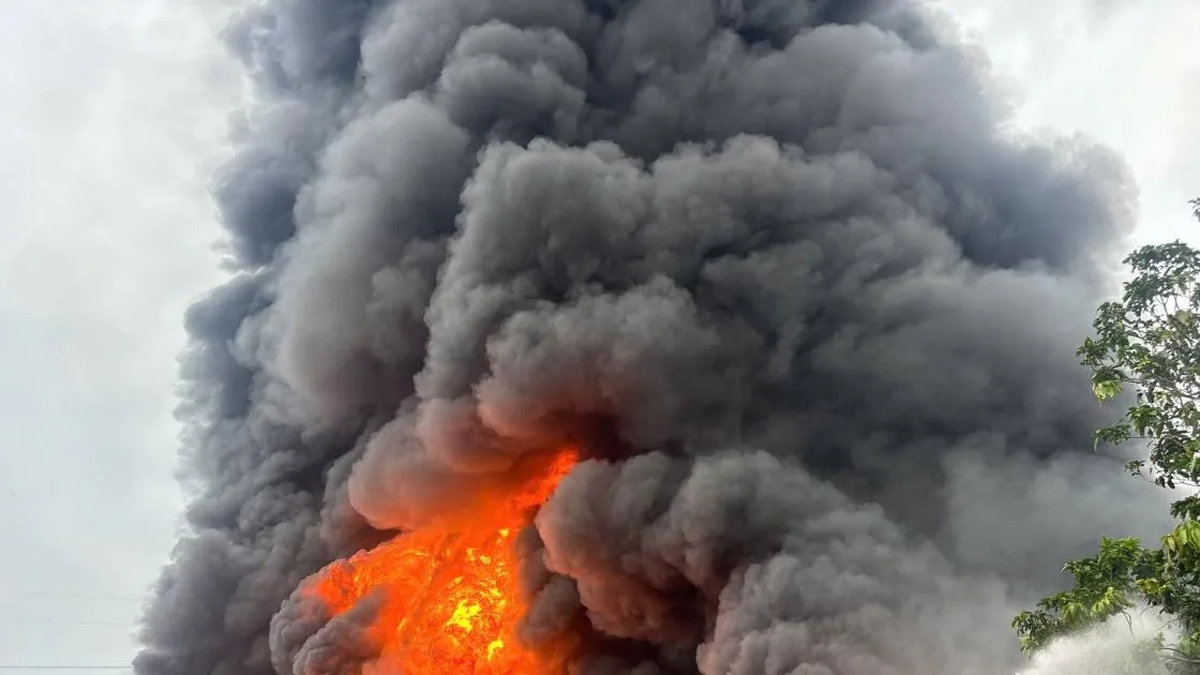
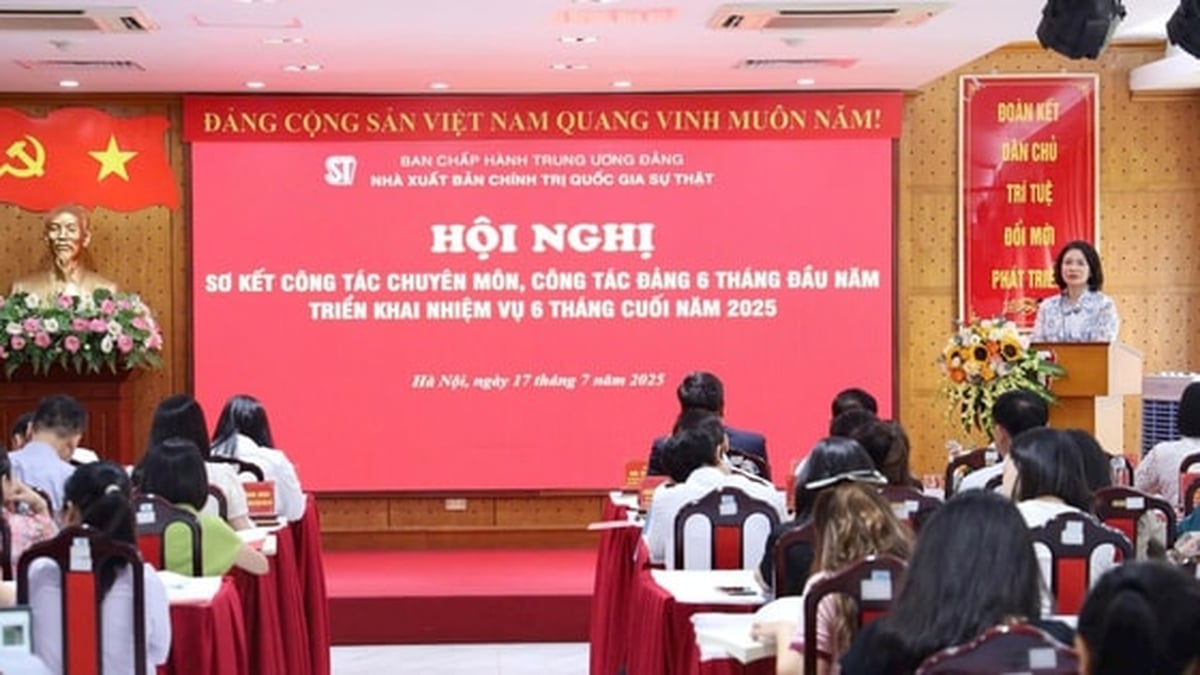
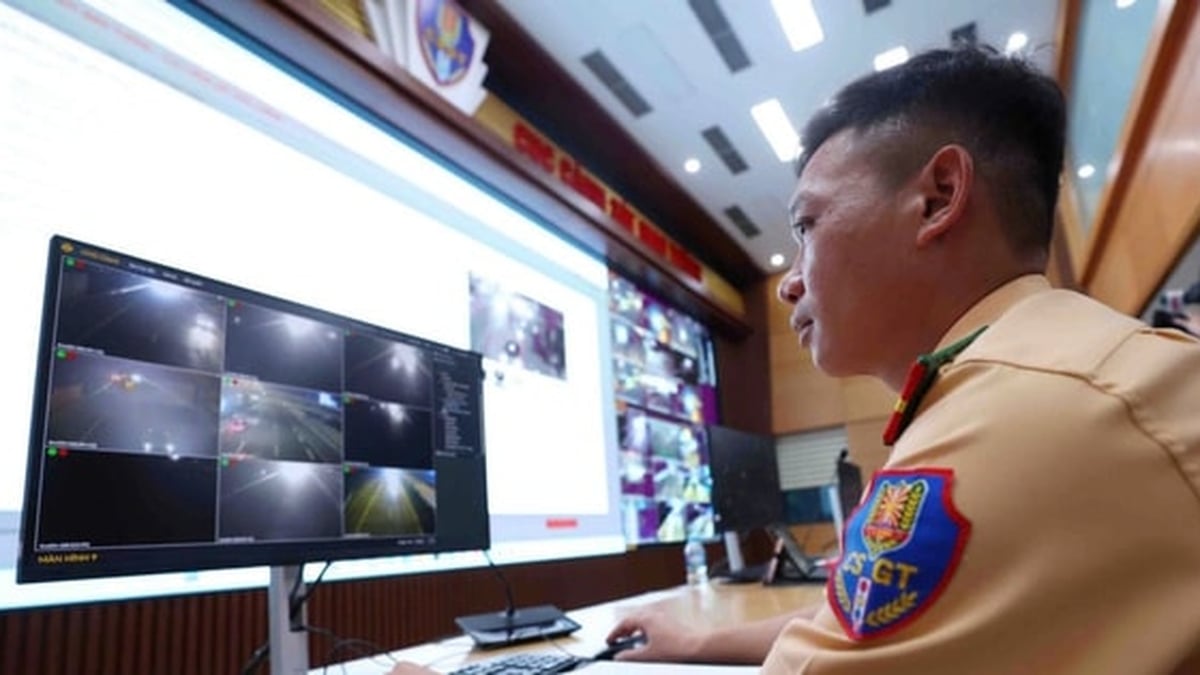

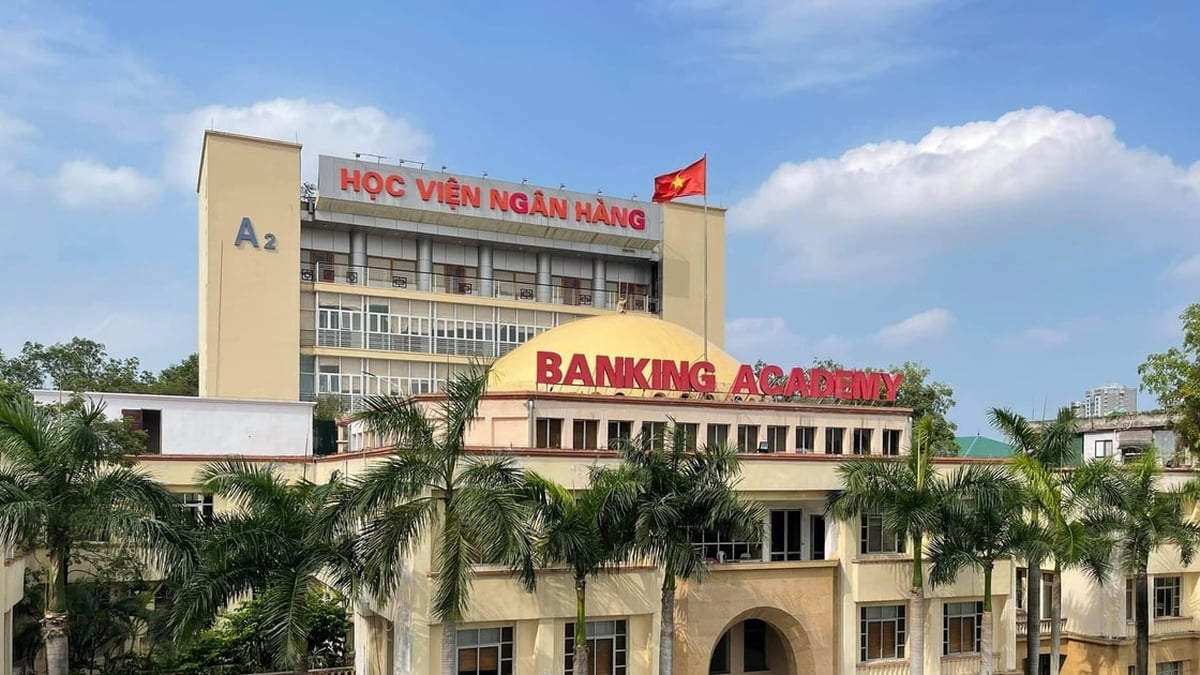









































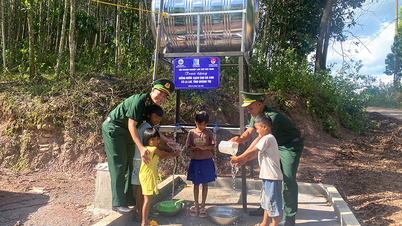


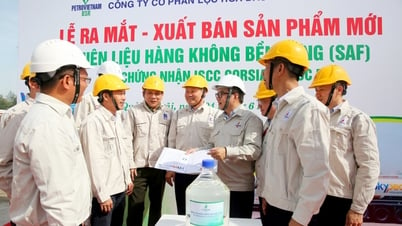





![[Maritime News] More than 80% of global container shipping capacity is in the hands of MSC and major shipping alliances](https://vphoto.vietnam.vn/thumb/402x226/vietnam/resource/IMAGE/2025/7/16/6b4d586c984b4cbf8c5680352b9eaeb0)


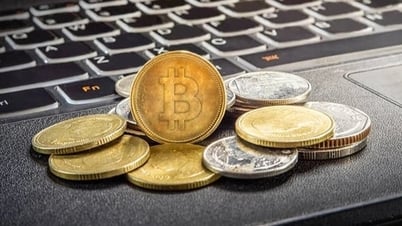



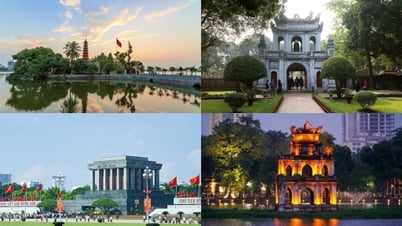

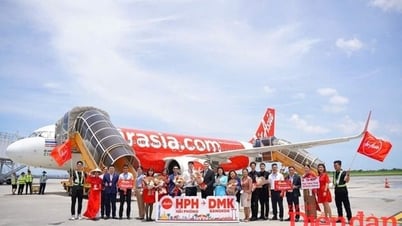

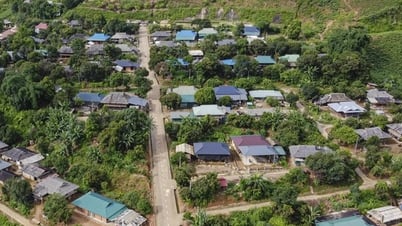



























Comment (0)